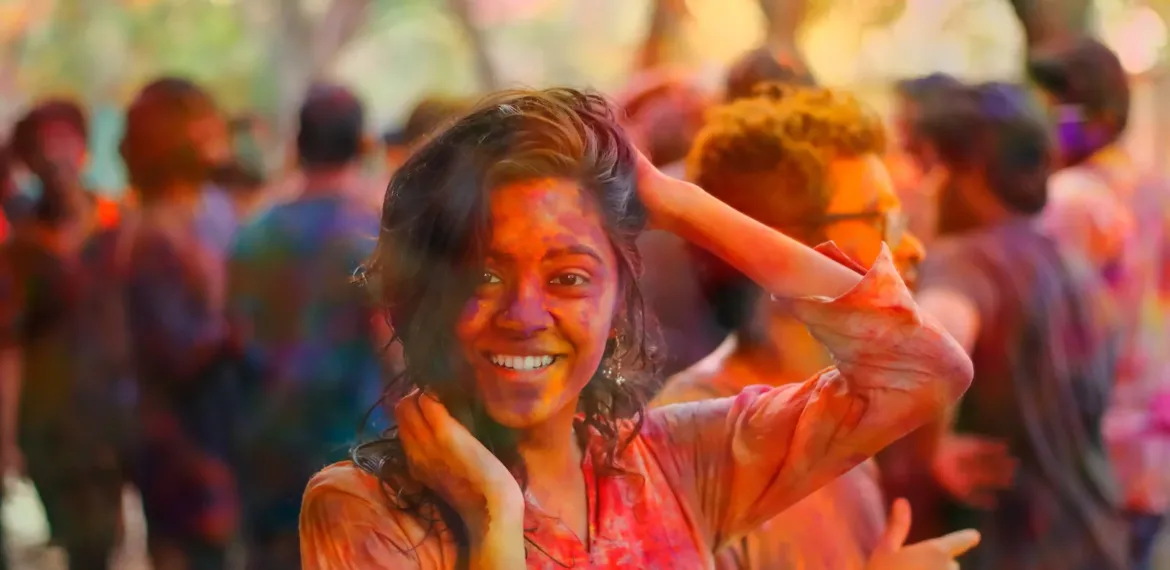“Discover the charm of Monaco’s culture through its traditions, customs, language, and etiquette for a truly enriching travel experience.”
ROAMOPEDIA
Monaco's Culture
Discovering Monaco’s Culture: Traditions, Customs, Language, and Etiquette

Related
All related contents.
Related Posts
Monaco Moneghetti: Where beauty meets nature.
Monaco: A Royal Escape to Monte Carlo’s Enchanting Palace and Mesmerizing Mediterranean Views
Experience Elegance & Challenge at Monte Carlo Golf Club – Riviera’s Premier Golf Destination
Experience the Epitome of Elegance: Opera de Monte Carlo, Where Architectural Splendor Meets World-Class Performances.
Discover Serenity at Fontvieille Park: Monaco’s Monte Carlo Oasis with Artful Allure
Monte Carlo’s Timeless Charm: Unveil the Enchanting Legacy of The Rock of Monaco
Discover Enchantment: Monaco’s Monte Carlo and Jardin Exotique – Exotic Gardens, Stunning Views, Unforgettable Adventures.

Monaco: A Journey Through History, Culture, and Luxury
Experience Glamour, Culture, and Connection at Monaco’s Monte Carlo and Grimaldi Forum.
Discover Monte Carlo’s Hidden Oasis: Tranquility Amidst Glamour in Monaco’s Japanese Garden
Monte Carlo’s Larvotto Beach: Bask in Sun and Serenity on the Shores of the Mediterranean
Experience the Thrill: Monte Carlo’s Louis II Stadium – Where Champions Meet and AS Monaco FC Roars!
Monaco’s Monte Carlo: Where Glamour, Excitement, and Fortune Unite at the Iconic Casino de Monte Carlo.
Monte Carlo Harbor: A Glimpse of Monaco’s Opulent Playground, Where Luxury Yachts Meet Timeless Charm
Discover Timeless Elegance: Monaco’s Saint Nicholas Cathedral – Where Monte Carlo’s Rich History and Architectural Beauty Unite
Monaco-Ville: Discover the Charm of Monaco’s Historic Heart.
Experience the opulence of Monaco Monte Carlo, where luxury meets the Mediterranean.
Experience the perfect blend of nature, culture, and sports at Monaco Fontvieille.
Experience the vibrant energy of Monaco’s La Condamine district.
Experience the Glamour of Monte Carlo, Dive into the Depths at Monaco’s Oceanographic Museum – Unlock the Secrets of the Sea
Monte Carlo’s Monaco Grand Prix: Where Luxury Meets High-Octane Thrills on the World’s Most Prestigious Racing Stage
Related
Related contents and articles.
Related Posts
- Print
- Share
- +-Font Size